March 1, 2018
BIFM to change its name to reflect greater focus on workplace issues and pursue chartered status
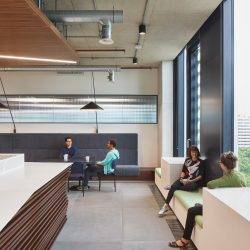 The British Institute of Facilities Management (BIFM) has today announced plans to embrace ‘workplace’ as a key ‘differentiator’ for its members and to help establish facilities management as a chartered profession. The manifesto for change announced by BIFM Chair Stephen Roots, sets out to ‘reposition facilities management, emphasising its ability to make a real contribution to organisations’ performance’. It sets the Institute the ‘twin tasks of helping members to improve their skills and their status to meet the needs of modern organisations, and to raise the profile of facilities management and the understanding of the value it contributes’. The proposed new name is the Institute of Workplace and Facilities Management (IWFM).
The British Institute of Facilities Management (BIFM) has today announced plans to embrace ‘workplace’ as a key ‘differentiator’ for its members and to help establish facilities management as a chartered profession. The manifesto for change announced by BIFM Chair Stephen Roots, sets out to ‘reposition facilities management, emphasising its ability to make a real contribution to organisations’ performance’. It sets the Institute the ‘twin tasks of helping members to improve their skills and their status to meet the needs of modern organisations, and to raise the profile of facilities management and the understanding of the value it contributes’. The proposed new name is the Institute of Workplace and Facilities Management (IWFM).




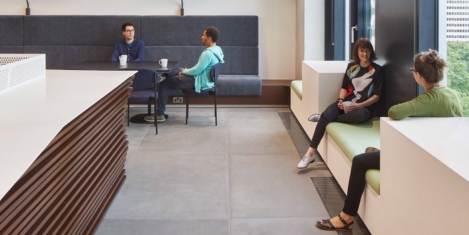





 In a workplace dominated by insecurity, gig work and intelligent machines we need to improve our understanding of their potential impact on health, safety and wellbeing claims a new report.
In a workplace dominated by insecurity, gig work and intelligent machines we need to improve our understanding of their potential impact on health, safety and wellbeing claims a new report. 









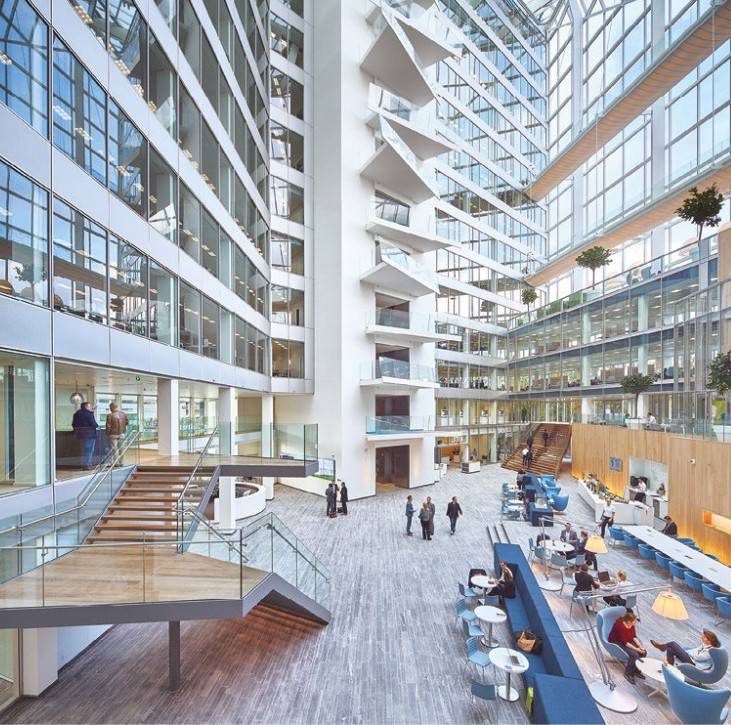
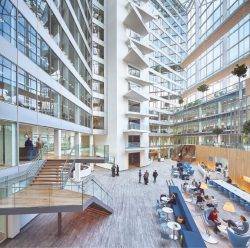 The creative team behind the development of the world’s most sustainable building – The Edge in Amsterdam – has announced the launch of a real estate technology company. EDGE Technologies, launched by OVG Real Estate CEO Coen van Oostrom will focus on creating a new generation of buildings which feature the latest innovations in sustainability and wellbeing. Whereas parent company OVG is focussed exclusively on the development of its existing portfolio, EDGE Technologies will focus on both the development and the long-term operations of this new generation of buildings, aiming for a cohesive experience across cities. Each EDGE building will be built and operated on the same technology platform and offer consistent user-centred design, created to serve the needs of today’s fast-changing and demanding workforce. To help achieve this the new company is launching a product that will capture and aggregate data across its properties in order to optimize, measure and inform both the user experience and the building’s environmental performance.
The creative team behind the development of the world’s most sustainable building – The Edge in Amsterdam – has announced the launch of a real estate technology company. EDGE Technologies, launched by OVG Real Estate CEO Coen van Oostrom will focus on creating a new generation of buildings which feature the latest innovations in sustainability and wellbeing. Whereas parent company OVG is focussed exclusively on the development of its existing portfolio, EDGE Technologies will focus on both the development and the long-term operations of this new generation of buildings, aiming for a cohesive experience across cities. Each EDGE building will be built and operated on the same technology platform and offer consistent user-centred design, created to serve the needs of today’s fast-changing and demanding workforce. To help achieve this the new company is launching a product that will capture and aggregate data across its properties in order to optimize, measure and inform both the user experience and the building’s environmental performance. 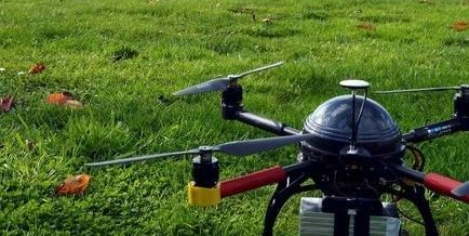
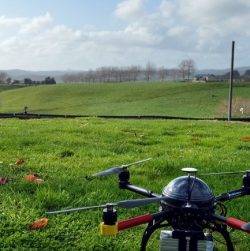










February 28, 2018
The very idea of good work in a gig economy remains a distant ideal
by Tonia Novitz, Alan Bogg et al • Comment, Flexible working
More →